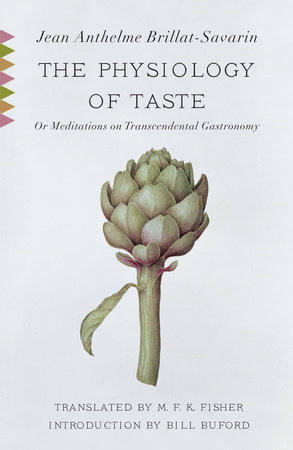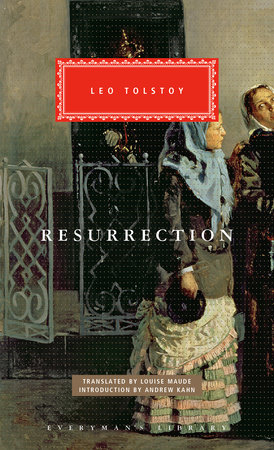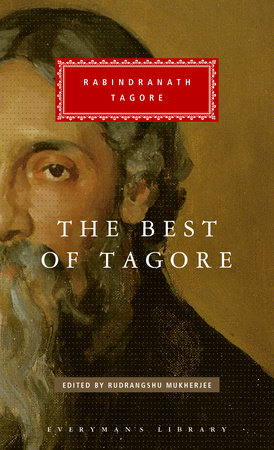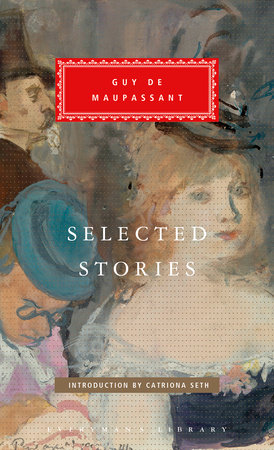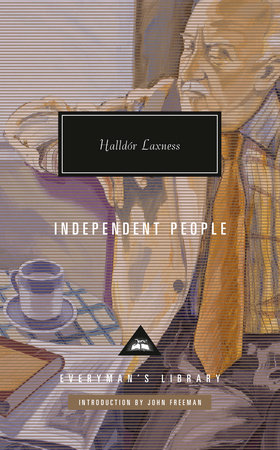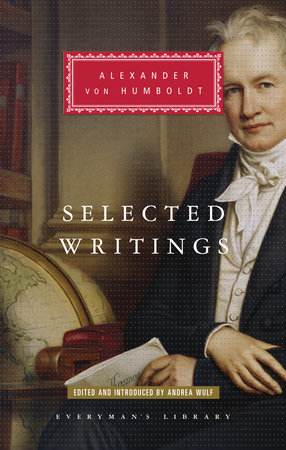The Physiology of Taste
Or Meditations on Transcendental Gastronomy with Recipes
Jean Anthelme Brillat-Savarin Translated by M.F.K. Fisher; Introduction by Bill Buford;
Paperback
October 4, 2011 | ISBN 9780307390370
AmazonBarnes & NobleBooks A MillionBookshop.orgHudson BooksellersPowell'sTargetWalmart
Hardcover
October 6, 2009 | ISBN 9780307269720
AmazonBarnes & NobleBooks A MillionBookshop.orgHudson BooksellersPowell'sTargetWalmart
Ebook
October 6, 2009 | ISBN 9780307593832
AmazonApple BooksBarnes & NobleBooks A MillionGoogle Play StoreKobo
About the Book
A delightful and hilarious classic about the joys of the table, The Physiology of Taste is the most famous book about food ever written. First published in France in 1825 and continuously in print ever since, Jean Anthelme Brillat-Savarin’s masterpiece is a historical, philosophical, and epicurean collection of recipes, reflections, and anecdotes on everything and anything gastronomical. Brillat-Savarin—who famously stated “Tell me what you eat and I shall tell you what you are”—shrewdly expounds upon culinary matters that still resonate today, from the rise of the destination restaurant to matters of diet and weight, and in M. F. K. Fisher, whose commentary is both brilliant and amusing, he has an editor with a sensitivity and wit to match his own.


